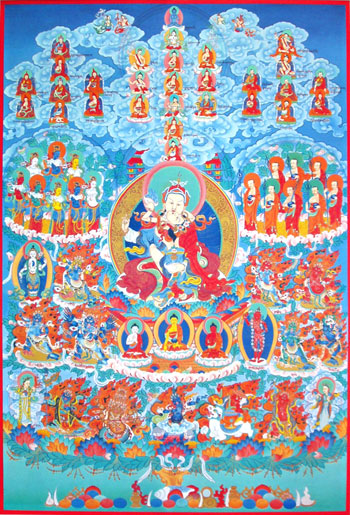How Ideal Was Your Upbringing?
In an ideal childhood, we would have been nurtured by the presence of a person who was completely aware of us, who took us seriously, who admired and followed us.
Life has proceeded, of course, on a less than ideal basis for generation after generation. A man who was beaten by his father as a teenager, who intends to beat his own children, is proposing that is it good to break a childs spirit.
Without a qualm, he feels it necessary for a child to live in fear of severe punishment. The word respect for him basically means terror. This sort of untruth gets passed on because one generation fails to solve the problem of the false self and then has no choice but to pass the problem on.
Broken spirits do not see anything wrong in breaking the spirits of their children.
The ideal parent would serve as a sensitive extension of the childs psyche. As father and mother mirrored the childs feelings, he would see the reflection coming back to him, and conforming to it, he would be shaped by both his own psyche and theirs.
A cry of rage would meet, for example, with an understanding look that said, I know why you are angry, and dissolve. It is our checked feelings, the ones that our parents labeled bad in their eyes, that cause so much hidden conflict later.
Without this sensitive, loving interaction, which must begin from birth, we walk through the rest of our lives wounded, unable to accept ourselves but never fully knowing why.
The image of dying to your father and mother, does not mean running away or turning your back on them. Rather, it means taking on their role yourself, developing inside your own heart the give-and-take of awareness that fashions a complete person out of the raw material of existence.
Adapted from Unconditional Life: Discovering the Power to Fulfill Your Dreams, by Deepak Chopra (A Bantam Book, 1991).
- ! < /li>
- Tweet
- Digg
- StumbleUpon
- Care2
